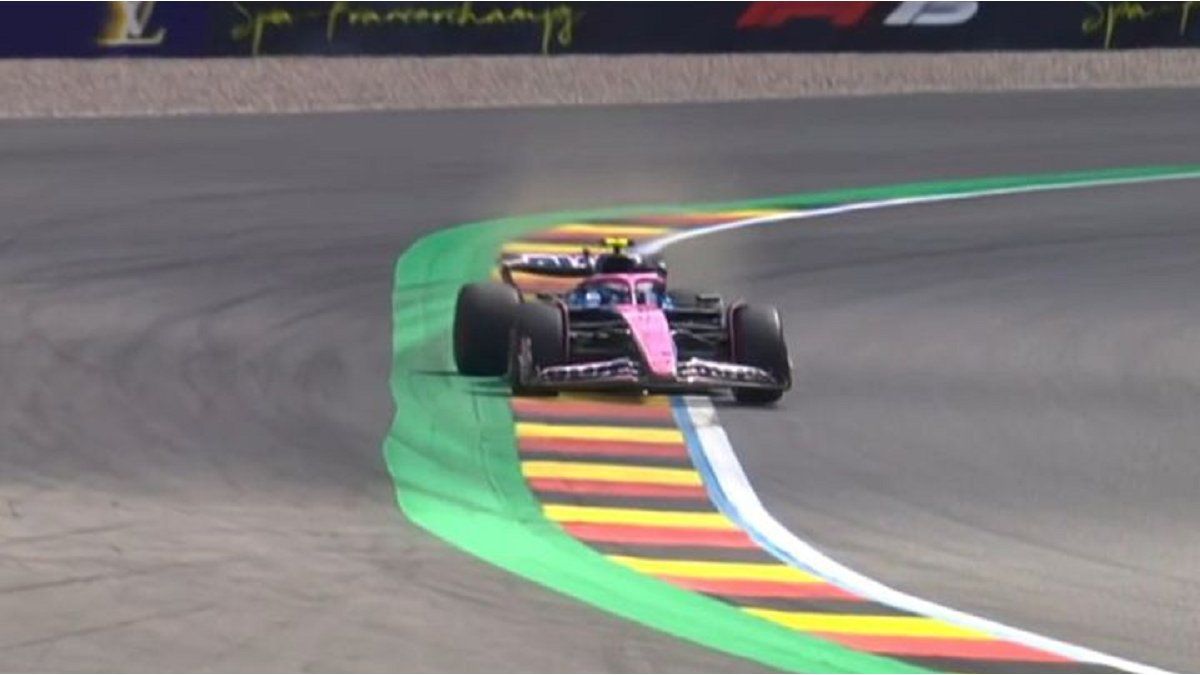“We have 250 trucks in use. A comparison of the fuel costs from 2021 to 2022 shows additional costs of 400,000 per month. That’s 4.8 million euros a year,” says Günther Reder. Yesterday, Thursday, at a press conference with Doris Hummer, President of the Upper Austrian Chamber of Commerce, the logistics company from Hörsching pointed out the drastic situation in Upper Austria’s companies based on the developments in his company. If the introduction of CO2 pricing, which has already been postponed and is now planned for October 1, were added, the company would be charged an additional at least 640,000 euros.
These costs have to be passed on to customers and ultimately to consumers on a large scale, says Reder. In addition, there would be pure fixed costs, around up to 120,000 euros more for electricity, which could not be passed on to transport tariffs.
“The situation is very tense, the industry urgently needs support,” says Reder: either in the form of a temporary reduction in mineral oil tax, the introduction of commercial diesel (similar to agricultural diesel) or the postponement of CO2 pricing.
Hummer described the energy crisis as an unprecedented situation. Calls from companies that see their existence threatened are the order of the day: “The energy costs hit every company. Many are now wondering whether they can still do business positively or slip into the red.”
This is also confirmed by Reinhard Honeder, professional group spokesman for the industry in Upper Austria: “Colleagues report that raw material prices are twice as high and energy prices are three times as high.” The bakers heat their ovens with electricity, oil or gas, and a lot of energy is also needed to cool the dough . “The situation could be the trigger for many to stop doing the whole thing and to lock themselves up. We still have 360 companies in Upper Austria. In two years it could be 10 to 15 percent less.”
“Prevent a wave of bankruptcies”
Hummer yesterday called for immediate relief. In addition to a reduction in energy taxes, a temporary electricity price calculation system (“Cost-Plus”) is the order of the day: the electricity price reflects the actual production costs of the respective energy supplier and includes a profit markup. It applies to companies and households. “Cheap generated electricity must not be sold at high prices.” In addition, financial aid and tax cuts are needed to prevent a wave of bankruptcies.
Source: Nachrichten




